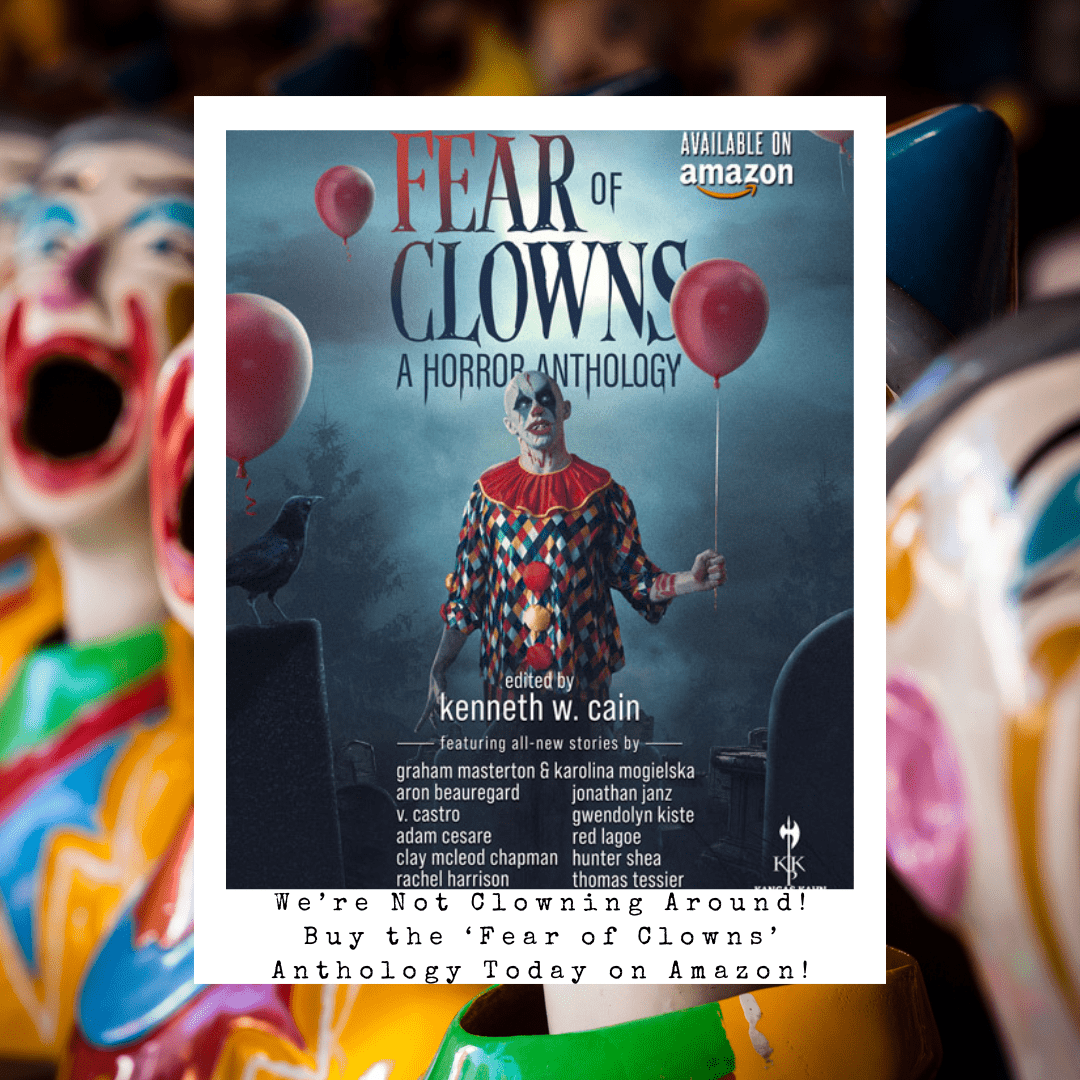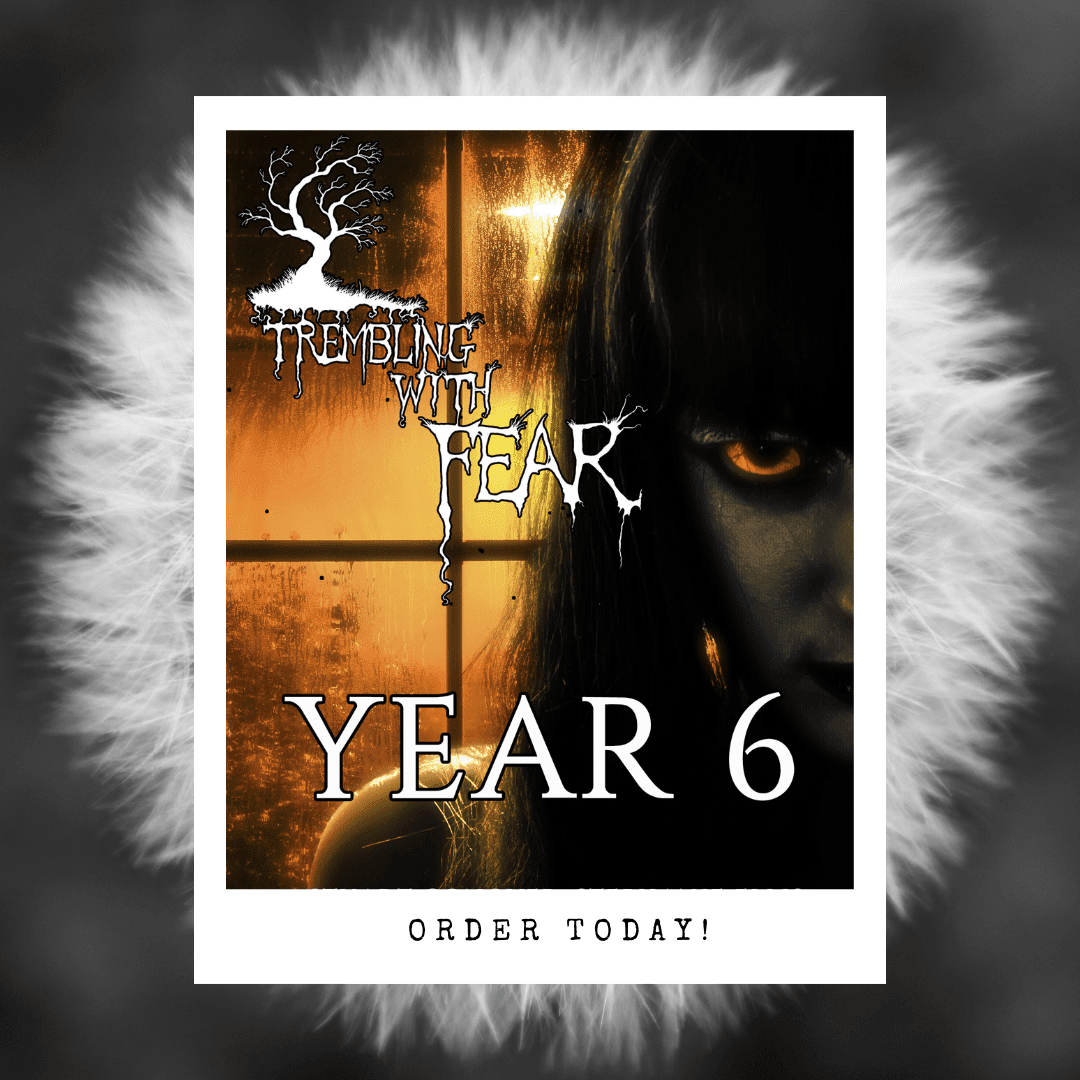Terrifying Tips: 7 Ways to Master the Art of Horror

Terrifying Tips: 7 Ways to Master the Art of Horror
Seeing and reading a horror story is not everyone’s cup of tea. It’s a genre that we see is declining in demand today. Why? Mainly because the storyline of the movie or the novel is always quite the same. A haunted house or area with a ghost seeking revenge, Am I right?
I mean, we all have seen and read The Exorcist, The Conjuring (Movie), or the movie Annabelle, right? I mean, I am assuming you are a horror fan! So, the question for you today is, how do you make your horror content so horrifying that people can experience it!
This is the true art of horror, right? Make people experience what you are writing! And if you can do that, you are an exceptional writer. In this article, we have highlighted 7 ways with which you Can master the art of horror story writing, telling or production, etc.
(more…)


 How to Come Up with an Unusual Monster for Your Book that You Wouldn’t Be Ashamed of
How to Come Up with an Unusual Monster for Your Book that You Wouldn’t Be Ashamed of



 Novellas, the Bogeyman of Publishing
Novellas, the Bogeyman of Publishing






